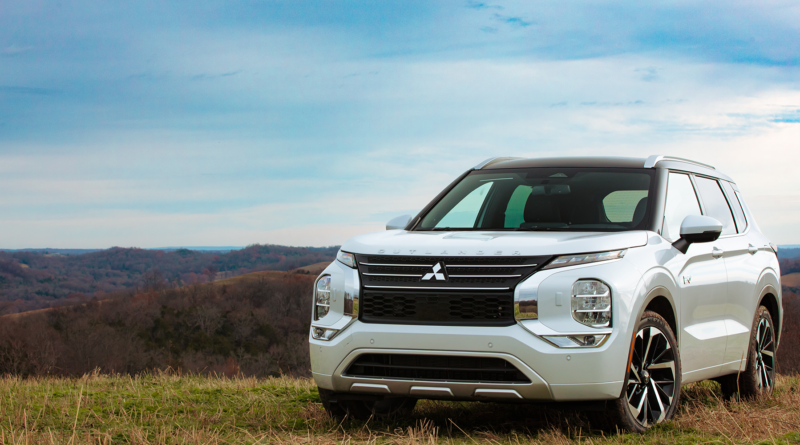
Lithium, lithium, lithium — that’s what much of the electric vehicle revolution is about now. Dramatic electric vehicle sales growth is built on dramatic increases in battery mineral extraction and processing. So, big EV mineral news is big EV news … eventually.
The news this week on this front is that Mitsubishi Corp. is partnering with Frontier Lithium on a lithium mine in Ontario. Part of this partnership is that it’s an effort to avoid challenges sourcing lithium from China. This may be out of concern for long-term sustainable supply, or it may simply be because of the Inflation Reduction Act of 2021 in the US, which puts a big penalty on sourcing battery materials from China (or any other “entity of concern”). If Mitsubishi wants its EVs to be eligible for the full US EV tax credit, the company can’t use EV battery minerals from China.
“Mitsubishi will invest 25 million Canadian dollars ($18.4 million) as early as spring to buy a 7.5% stake in a new company established by Canada’s Frontier Lithium, which has interests in North American lithium mines. Mitsubishi plans to later boost its stake as high as 25%,” Nikkei writes. “The mine Mitsubishi plans to take part in is located in the province of Ontario and has over 58 million tonnes of lithium, which would make it the largest lithium mine in which a Japanese company holds an interest.”
The partnership is not just about mining, though. It’s also about refining the lithium in Canada, a part of the process that’s dominated by China at the moment.
Notably, this is the first time a Japanese company will be involved in North American lithium production. And Mitsubishi is going well beyond a small stake in a lithium project. “Mitsubishi aims to create an integrated supply chain in North America, covering everything from mine development and operation to ore refining.”
There’s still a lot to do before we get to battery-grade lithium for EVs. In fact, this is one of the biggest challenges in the EV revolutions: it takes years to go from an agreement like this to having lithium for EV batteries, and more years to have cars on the road using those batteries — and there needs to be solid investment all along that timeframe to get to the end product. In this case, “The partners will conduct feasibility studies by 2025, after which production of industrial-use lithium for glass and ceramics will begin as early as 2027. Lithium for EV and storage batteries is slated to start in 2030.” So, we’re in 2024, and we’re not getting lithium for EV batteries from this mine until 2030.
However, once it’s rolling, this lithium project is expected to supply a lot of electric vehicles with the lithium they need. Annual production is expected to be 3,800 tonnes, which is supposed to be enough for 20,000 tonnes of lithium carbonate, which is supposed to supply around 300,000 EVs with the lithium needed for their batteries.
This looks like a great partnership and deal for more North American lithium extraction and processing, helping to build a large economic base around electric vehicles and the batteries that power them. Stay tuned for more news on Mitsubishi, Frontier Lithium, and lithium mining and processing in North America and around the world.